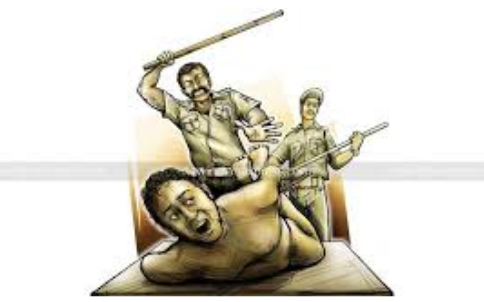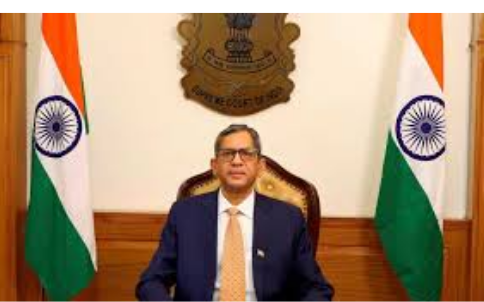We used to carry the photograph of Gandhi in police stations. They are removed now. Like currency notes carry the photograph of Gandhi, every custodial chamber where violence is perpetrated, there should be photograph of Gandhi, to remind the officers in uniform that they are violating not only Gandhi’s non-violence but several legal provisions made under the Constitution of India.
Custodial torture and police atrocities still prevail in India despite several constitutional guarantees. None can know what happens in police station. Though public authority under RTI Act, and information concerning life and liberty, it is almost impossible to get such information. The police stations are opaque, department is not transparent. With secrecy and anonymity, anything can happen, and is happening.
India is a historically known as a non-aggressive nation as we never invaded another country. Mahatma Gandhi, the father of our nation, preached non- violence.
Mothers of custodial violence
The Police stations should not remain mothers of custodial violence throughout the country. It’s a paradox that Chief Justice of India N.V. Ramana said onGandhi Jayanthiday that the police stations pose the “highest threat” to human rights and dignity. We describe these human rights and dignity as ‘sacrosanct’. The CJI explained: “The threat to human rights and bodily integrity is the highest in police stations… Going by recent reports, even the privileged are not spared third-degree treatment”.

Why this happens? There is no transparency in police functioning. After somebody is taken into custody, none knows what happened to the person in custody. All the rights prescribed, declared by the Judiciary and incorporated in the form of amendments into Criminal Procedure Code are pieces of academic research, and absolutely not available to poor patients. Those profound judicial niceties are points of arguments of highly rich lawyers who are available to highly rich criminals.
The CJI noted that the lack of effective legal representation at police stations is a huge detriment to arrested or detained persons. He has rightly said that the first hours of arrest or detention often decide the fate of the case for the accused.
Negligible convictions
While analysing the negligible convictions in lock-up deaths, the primary reason put forward is: Lack of effective legal representation at police stations is a huge detriment to arrested or detained persons. The first hours of arrest or detention often decide the fate of the case for the accused. It is very substantial reason, enough to describe how the killers escaped.
Other reasons of course are the lengthy, unpredictable and expensive formal processes followed by courts, which dissuade the poor and the vulnerable from even complaining.
The use of excessive force including torture to target marginalised communities and control people participating in movements or propagating ideologies which the state perceives as opposed to its stature are other reasons.

We need to read again what CJI has said: “If the judiciary wants to gain the trust of the poor and vulnerable, it has to assure the marginalised that it exists for them.For the longest timethe vulnerable sections have lived outside the system of justice.If judiciary wants to garner the faith of the citizens, we have to make everyone feel assured that we exist for them. For the longest time, the vulnerable population has lived outside the system of justice. Lengthy, expensive formal processes followed by courts dissuade the poor and the vulnerable. The judiciary’s toughest challenge today is to break these barriers”.
He also said: “If we want to remain as a society governed by the rule of law, it is imperative for us to bridge the gap of accessibility to justice between the highly privileged and the most vulnerable. For all times to come, we must remember that the realities of socio-economic diversity which prevail in our nation cannot ever be a reason for denial of rights. Let our past not determine our future…”
Signed but not committed
India has signed but not ratified the United Nations Convention Against Torture since 1997. Mere signing simply indicates the country’s intention to meet the obligations set out in the treaty, but the ratification, on the other hand, entails bringing in laws and mechanisms to fulfil the commitments. We are known for having profound intentions only, and when it comes to commit we are lagging far behind. We claim India as welfare state, but every Prime Minister and the Chief Ministers desire to rule with iron hand of the police to suppress opposition, dissent and criticism.
Professor M Sridhar Acharyulu, former Central Information Commissioner and Dean, School of Law, Mahindra University, Hyderabad.





A presentation of present realities ,apriciations to prof.Sri .Madabhushi Sreedharacharya.p